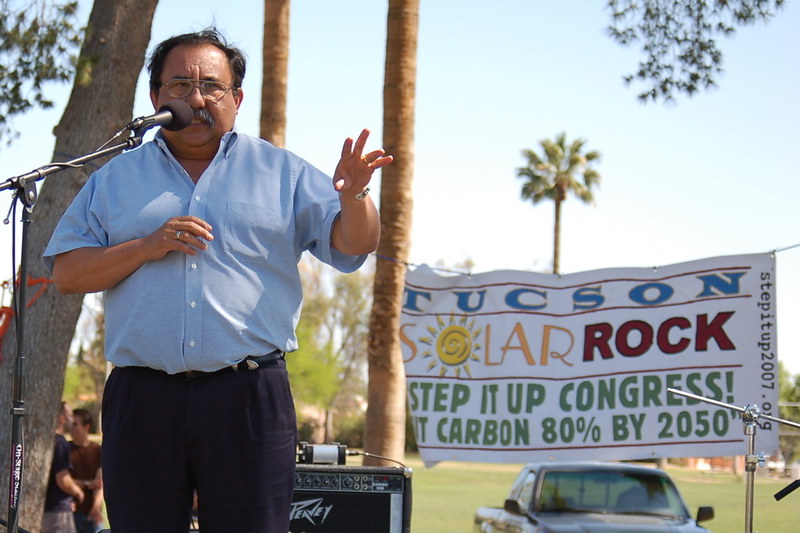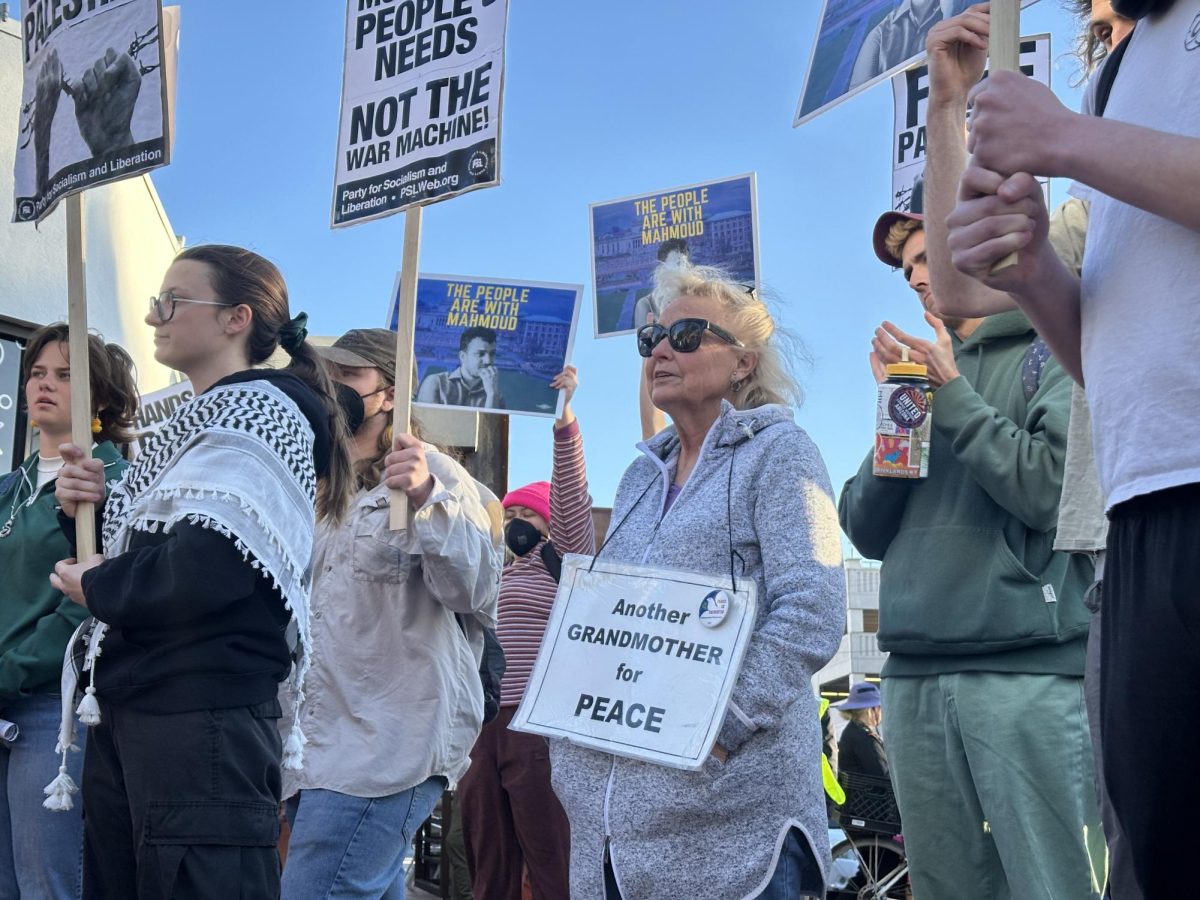The ASUA Supreme Court denied the final appeal of presidential candidate James Allen, potentially setting the stage for a special election.
In a decision rendered Thursday night in Room 160 of the James E. Rogers College of Law, the five members of the Associated Students of the University of Arizona Supreme Court ruled that Allen should remain disqualified, as decided by ASUA Elections Commissioner Michael Colletti.
During his court case, Allen argued that Colletti had applied the Elections Code inconsistently, since the two vice president-elects, Brett and Bryan Ponton, had been charged with the same violations as he was and yet hadn’t been disqualified.
Court Justice Brian Chase asked Colletti how he could justify upholding Allen’s disqualification in light of this.
Colletti said he looks at the number of violations first and took the severity into account when the Supreme Court remanded his decision back to him.
Court Justice Matt Hum asked him if he treated all candidates consistently. When Colletti responded that he did, Hum asked why Allen’s case was any different from the Pontons.
“”Well, if they’re no different, shouldn’t he (Allen) be reinstated and therefore elected?”” Hum asked.
Chase asked Colletti if, in hindsight, he would disqualify the Pontons. Colletti responded that hindsight is always “”20/20″” but that the cases were different.
Several justices asked Allen if he felt he should be held to a higher standard as a presidential candidate.
“”I just think it needs to be fair and consistent,”” Allen responded.
Colletti and his counsel, law student Andrew Stanley, also said he had no ulterior motive in making his decision and was trying to remain consistent.
“”The commissioner does not want to decide the election,”” Stanley said. “”This wasn’t a witch hunt or a vendetta. (Colletti) is not trying to put his mark on the election for years to come.””
Allen repeatedly said that the decision of the voters should be upheld, particularly taking into account the margin of his victory, a 2-to-1 tally over his opponent, Daniel Hernandez.
“”The students went out of the way to vote and said they believed in me,”” Allen said. “”It is unfair for them to have to do so again.””
Stanley said the election was too flawed to be fair.
“”Quite simply, this wasn’t a fair election,”” Stanley said. “”The voters may have voted for Mr. Allen but, based on the violations, that can’t be sustained at this time.””
The court agreed to deny the appeal, though the justices offered no explanation for their decision at the hearing.
A special election could still be avoided, however, if the court grants Hernandez’s appeal, in which he claims he should be declared the winner of the presidential election since he is the “”only legitimate”” candidate left in the election.
Since the election results were
never verified, according to Hernandez, Allen was never declared the winner. This would circumvent the provision in the ASUA Elections Code that automatically triggers a special election if the winner of the election is disqualified
Several justices asked Hernandez if he thought students would be better served with a special election, rather than declaring him the winner when he lost by such a large margin in the general election.
Hernandez responded that he felt the general election was not fair, and that he had triumphed in the “”fair”” primary election.
The court will decide Hernandez’s appeal within 24 hours.







